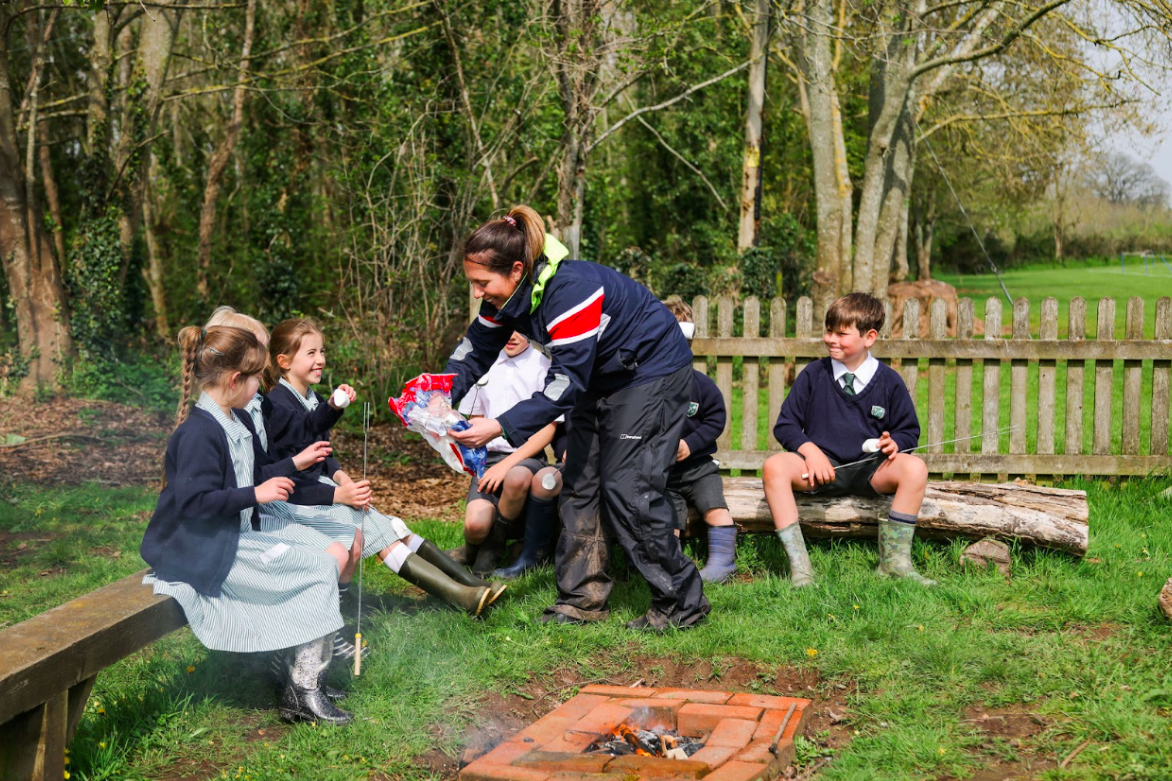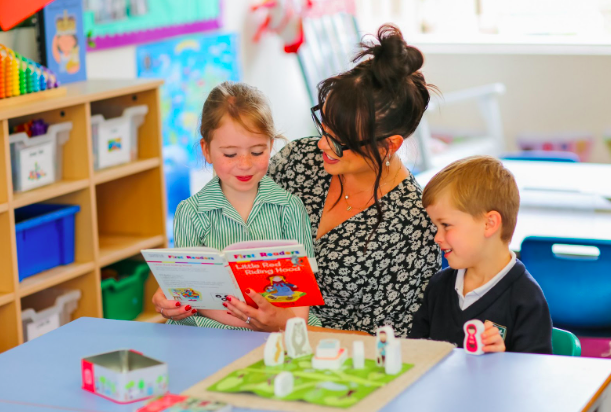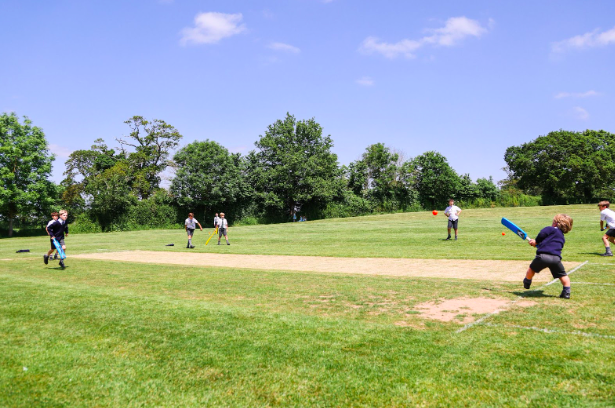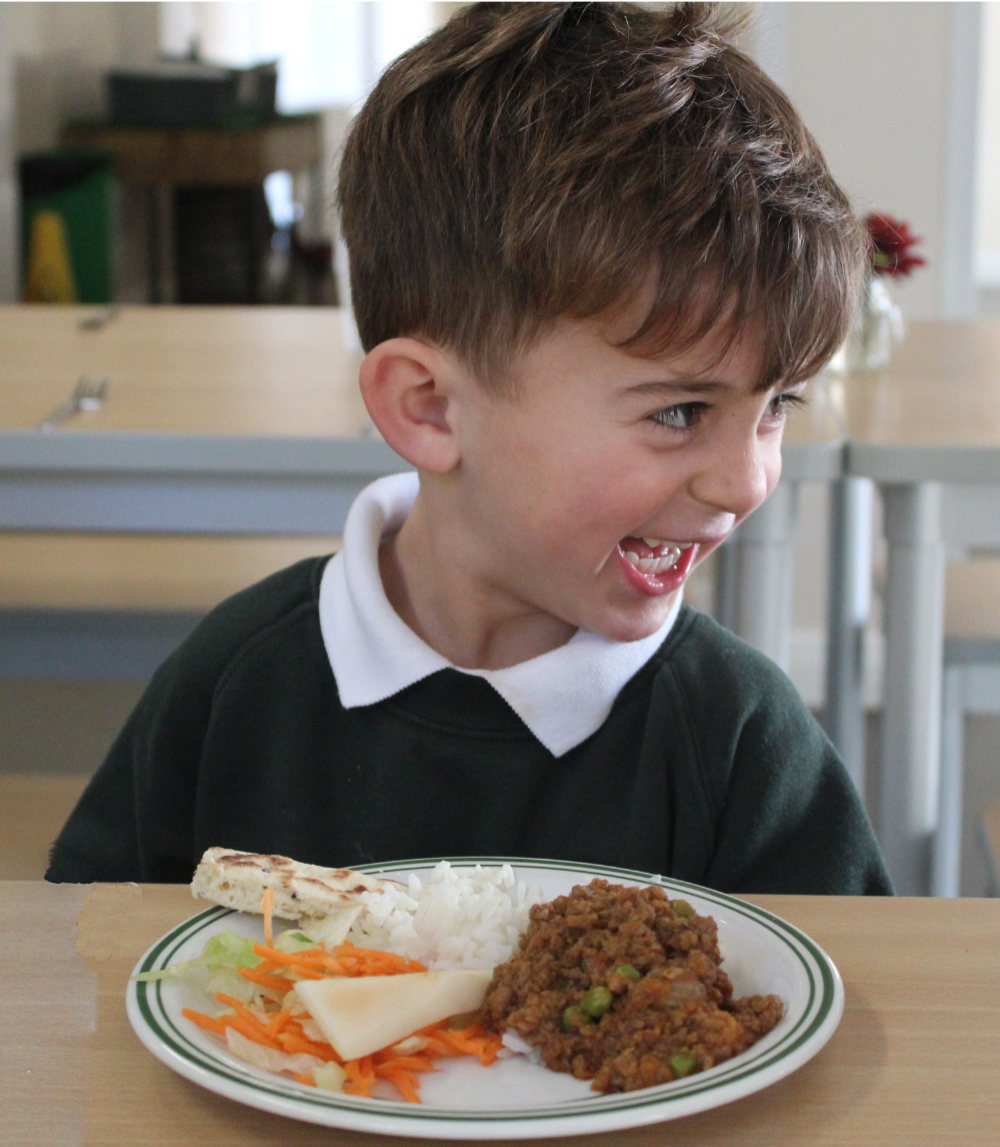Parenting is a journey filled with ups and downs, and one inevitable aspect is witnessing your child make mistakes. As they navigate the complexities of growing up, your role as a parent becomes crucial in shaping their response to setbacks.
Whether they’ve accidentally broken an heirloom, done something out of character, or not received the marks you expected – what is your initial reaction, and have you considered how it may affect your child?
Learning & Growing From Mistakes
Some parents look to comfort, while others can find it challenging not to become overwhelmed with the situation and demonstrate signs of anger or disappointment. Many variables can affect your reaction: the circumstance, your mood or the environment you’re in…to name just a few.
But, it’s essential to consider the lasting effects of your reaction on a child’s confidence and resilience to mistakes and failures in the future.
Our guide explores the art of reacting when your child makes mistakes, focusing on fostering resilience, instilling valuable lessons, and building a foundation for future growth. All of these are at the core of our beliefs at St Peter’s Prep, our independent school in Devon.
Create a Safe Space to Communicate without Judgement
Creating a safe space for open communication is paramount when your child makes a mistake. Encourage them to share their experience, feelings, and reasoning without fear of judgment. Establishing trust and a non-judgemental environment ensures your child feels secure, making it easier for them to discuss their mistakes and seek guidance.
Provide Perspective
Children are still developing their skills and methods of managing their emotions, so a mistake can become all-consuming.
If this is the case with your child, a good practice is to provide them with a broader perspective, to help lead them away from becoming too focused on the negative of the situation.
Discuss times when you made a mistake and how you moved on from it. Reassure them that mistakes help us to develop and learn and are fundamental for our personal development.

Teach Responsibility
While mistakes offer learning opportunities, they also come with consequences. Teach your child about accountability by discussing the repercussions of their actions. This helps them understand the connection between choices and outcomes, fostering a sense of responsibility for their behaviour.
Acknowledge Their Feelings
Angry, sad, disappointed, contempt or surprised, acknowledge how your child feels after the mistake has occurred and discuss with them why they may be feeling like this.
This encourages your child to consider how their actions have an effect on their feelings, which is a vital skill throughout their life. It’s essential to support them through these feelings and reassure them that they are valid.
Offer Comfort Rather than Pity
It can be easy to say things like, ‘I’m sorry that you didn’t win this time’ or ‘it must be hard for you’. Despite the goodwill, these expressions show signs of pity, which can often imply to your child that they may not be capable of the task at hand.
Instead, acknowledge their effort in the lead-up and discuss future attempts, reassuring them of their capability.
Encourage Problem-Solving
Guide your child in finding solutions to rectify their mistakes. Encourage them to brainstorm and implement strategies to prevent similar errors in the future. This active problem-solving approach empowers your child, instilling a sense of control over their actions and fostering independence.
Help Them Reach a Solution
Rather than stepping in to resolve the mistake on behalf of your child, discuss and show them ways that they may be able to fix it themselves. This could mean that together, you go through each step of the process or as simple as discussing alternative ways for them to try.
Here at St Peter’s, a private school in Devon, we pride ourselves in helping prepare your child for each stage and challenge, whether it’s a mistake or a success.
If you’d like to know more about our approach and style of teaching, why join us on an open day?













